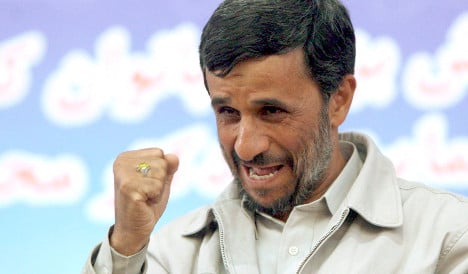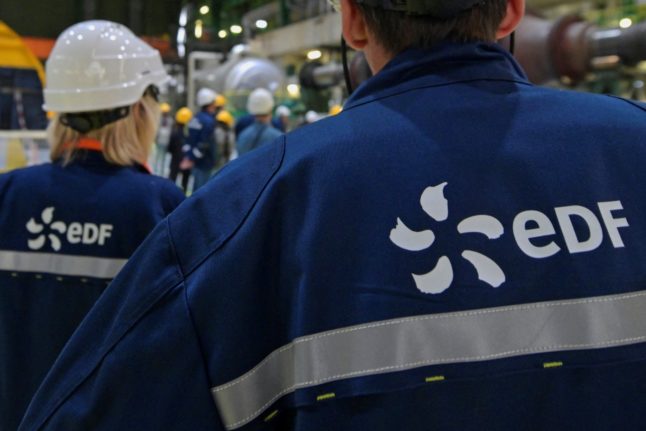The company said in a brief statement that due to the “political situation” it has decided not to renew any existing contracts when they expire or to write any new business.
For a firm generating close to €40 billion ($54 billion) in premiums each year, the loss of an estimated €10 million is small, but the move is politically significant.
The announcement follows a similar move by German engineering giant Siemens last month, and comes amid pressure from Germany’s partners to cut its business ties with Iran.
Germany, which recently lost its crown to China as the world’s top exporter, exported almost €4 billion worth of goods to Iran in 2008, mainly machine tools and industrial equipment, a rise of nearly nine percent.
In the 11 months to November 2009, the latest figures available, exports fell nine percent, a spokesman told AFP last month, but this was less than the 19-percent recession-fuelled slump that Germany recorded overall.
Chancellor Angela Merkel said in January that German-Iranian trade had “declined considerably” while acknowledging that the two countries had a “long tradition of economic cooperation.”
At the same time Germany is one of six countries negotiating with Tehran over its nuclear programme, along with permanent UN Security Council members the United States, China, Russia, Britain and France.
Merkel has been forthright in calling for more pressure on Iran over its nuclear activities, which Tehran says are for peaceful purposes but which Washington and others suspect are a front for developing nuclear weapons. Berlin has already reduced to a trickle the special export guarantees crucial to companies trading with Iran.
In addition, according to press reports, the German government is applying pressure on chambers of commerce not to organise seminars on Iran or business trips there.
A restricted report obtained by AFP on Thursday showed that the UN atomic watchdog, the International Atomic Energy Agency (IAEA), is concerned that Tehran may be working on a nuclear warhead.
The 10-page document, which is to be discussed by IAEA governors next month, also confirmed Tehran had begun enriching uranium to higher levels, theoretically bringing it closer to the levels needed for an atomic bomb.
On Wednesday the top US military officer, Admiral Mike Mullen, warned that Iran was “becoming a nuclear weapons capable country and that is very dangerous,” although he stressed that Washington’s priority was to initiate dialogue and engagement with Iran.



 Please whitelist us to continue reading.
Please whitelist us to continue reading.
Member comments